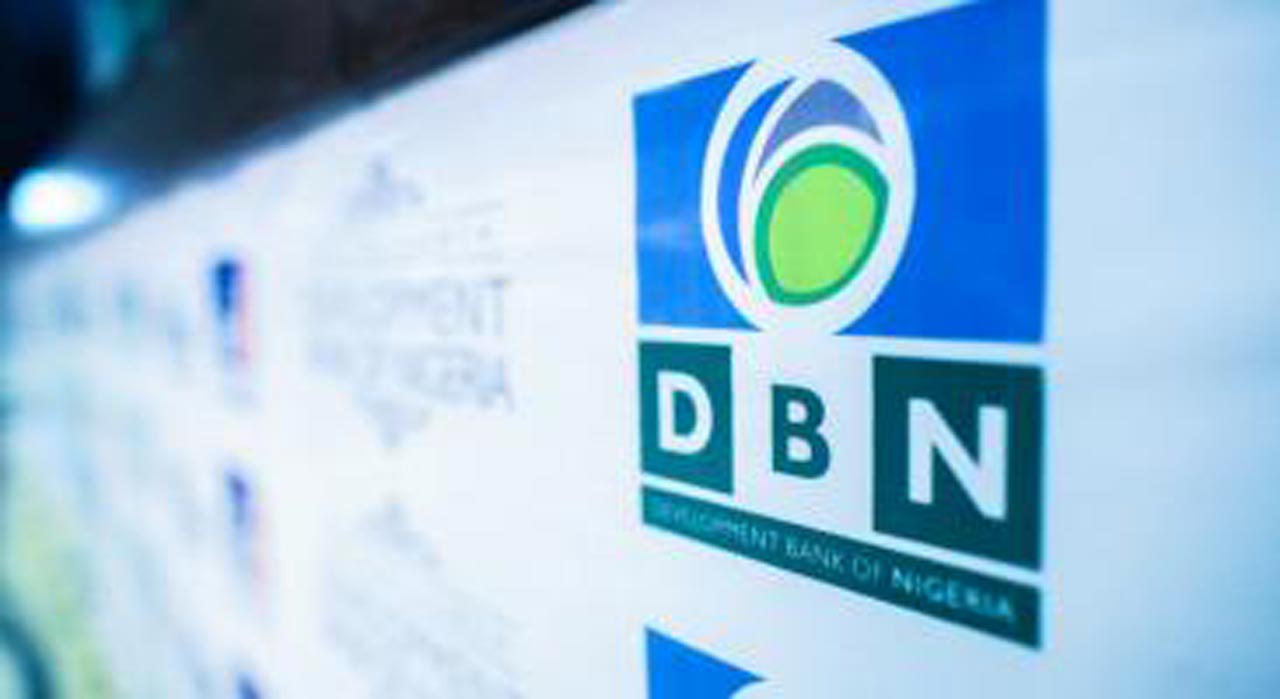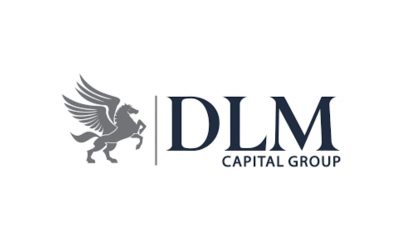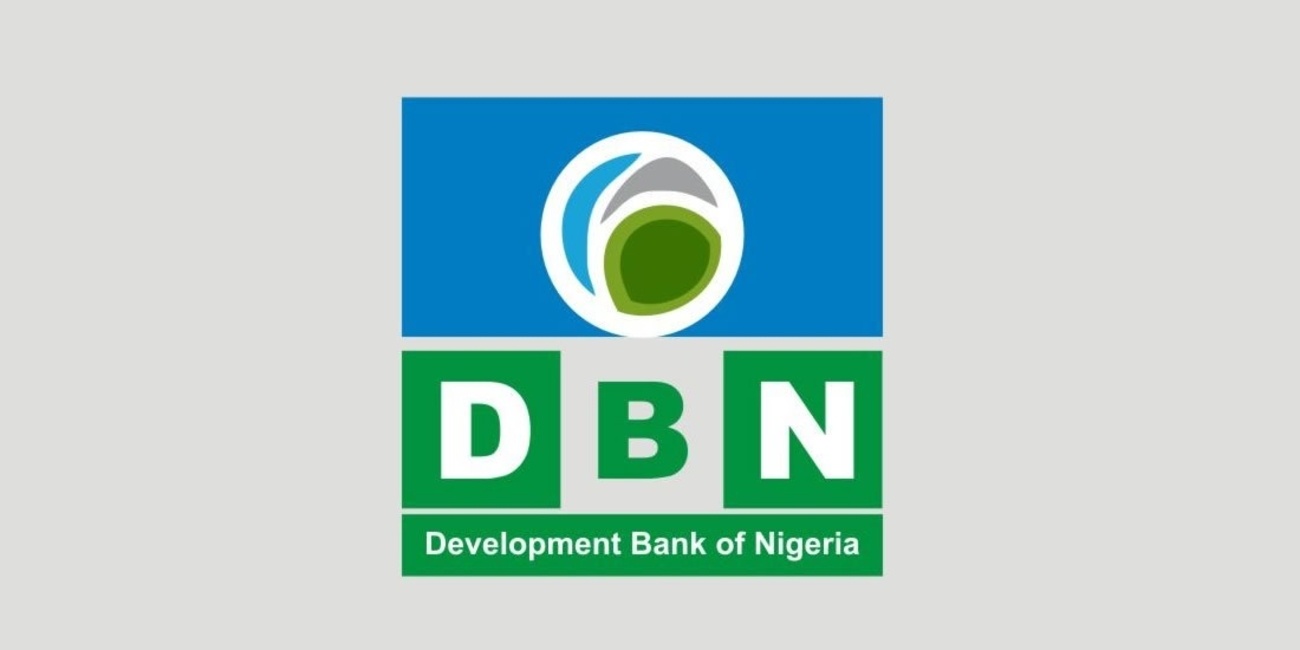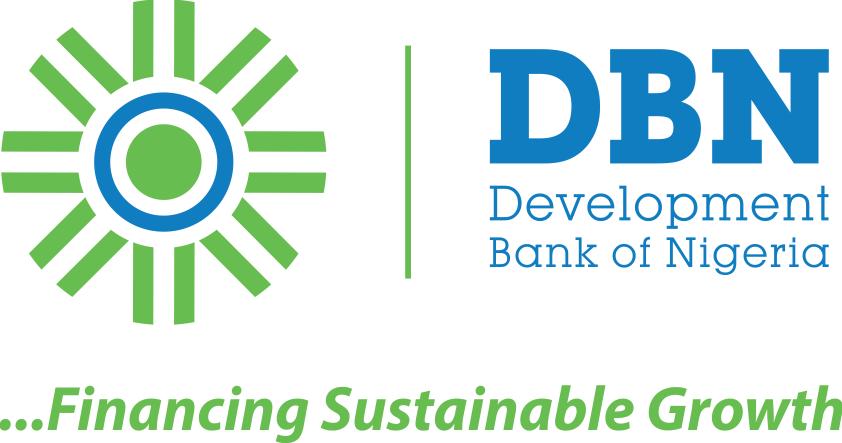Banking
AfDB, European Investment Bank Give $70m to Development Bank of Nigeria
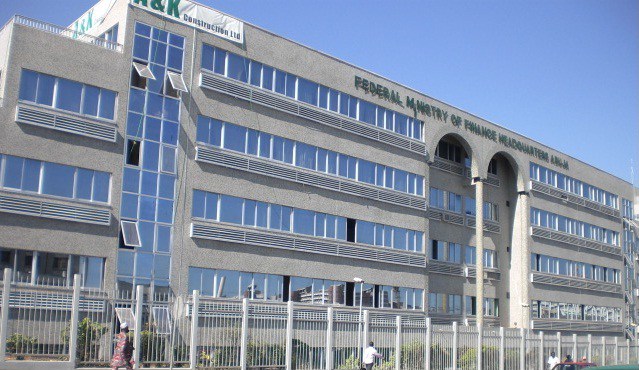
By Modupe Gbadeyanka
The newly established financial institution, Development Bank of Nigeria (DBN) has received a boost of $70 million from the duo of African Development Bank (AfDB) and European Investment Bank (EIB).
A statement issued on Thursday by EIB explained that the equity stake was to strengthen lending for business and agriculture investment in the Africa’s largest economy, which is working hard to diversify its economy and falling into a recession in the second quarter of 2016.
It was disclosed that EIB was providing $20 million, while the AfDB is putting down the remaining $50 million.
DBN was established by the Federal Government of Nigeria to address financing challenges hindering private sector investment in the country. The Bank is called to play an important and catalytic role in providing funding and risk sharing facilities to micro, small and medium enterprises as well as small corporates.
“The Development Bank of Nigeria will overcome the funding gap in the micro-, small- and medium-scale enterprises space and help businesses unlock opportunities across Nigeria.
“DBN’s ambition is strengthened by the financial and technical support of international partners, including the European Investment Bank and African Development Bank.
“The new institution builds on international experience and uses a business model that has demonstrated proven success to enhance private-sector investment across Africa and around the world where other financing options are inadequate or absent,” said Tony Okpanachi, Managing Director of the Development Bank of Nigeria.
“Private sector businesses are critical to the development of the Nigerian economy as they possess huge potential for employment generation and output diversification.
“Nevertheless, there has been under-performance of these businesses and this has undermined their contribution to economic growth.
“Among the issues affecting their performance, the shortage of finance, particularly investment finance, occupies a very central position.
“DBN is expected to contribute to mobilizing significant long-term financing to an important yet underserved sector with high development potential,” said Stefan Nalletamby, Director of the Financial Sector Development Department at the African Development Bank.
“New private sector investment is crucial to create jobs and enable business to expand and limited access to long-term financing holds back economic growth. The European Investment Bank is pleased to support the new Development Bank of Nigeria to strengthen private-sector investment in Africa’s largest economy.
“We look forward to continued close cooperation with Nigerian and international partners to ensure that once fully operational the new Development Bank of Nigeria can help harness the country’s economic potential,” said Ambroise Fayolle, Vice-President of the European Investment Bank (EIB).
“The European Union is committed to supporting private-sector investment in Nigeria. The new backing for the Development Bank of Nigeria by both the European Investment Bank, the bank of the European Union and the African Development Bank, with 13 EU member state shareholders, will make a clear contribution to tackling the lack of access to credit by entrepreneurs and businesses across the country.
“With more investment, we hope to promote a vibrant economy and stimulate growth, employment and increase opportunities, especially for youth,” said Ambassador Ketil Karlsen, Head of the European Union Delegation to Nigeria and the Economic Community of West African States (ECOWAS).
Addressing the investment gap holding back private-sector investment
At present, new investment essential for companies to expand and create jobs is hindered by limited access to commercial banks.
It is estimated by the Development Bank of Nigeria that only 5 percent of the 37 million entrepreneurs and small businesses in Nigeria that contribute to 50 percent of GDP can access credit in the financial system.
Building on broad international support
Other international financial institutions including the World Bank, Germany’s KfW and the French Agence française de développement (AFD) will also support the new bank alongside backing from the Federal Government of Nigeria.
Banking
We Now Pay Depositors of Failed Bank Within Days—NDIC

By Adedapo Adesanya
The Nigeria Deposit Insurance Corporation (NDIC) says depositors of failed banks in Nigeria can now access their insured funds within days.
The corporation said the development is a part of ongoing reforms aimed at strengthening confidence in the country’s financial system.
The chief executive of NDIC, Mr Thompson Sunday, disclosed this on Thursday at the NDIC Special Day of the 47th Kaduna International Trade Fair, noting that recent interventions had significantly improved the speed and efficiency of depositor compensation.
Represented by Mrs Regina Dimlong, the Assistant Director of Communications and Public Affairs, Mr Sunday said the corporation had successfully deployed the Bank Verification Number (BVN) system to facilitate prompt payments to customers of recently failed banks, including Heritage Bank Limited, Union Homes Plc and Aso Savings and Loans Plc.
“Depositors were paid within days of closure without the need to fill physical forms or visit NDIC offices.
“This is a part of our reform efforts to make depositor protection faster, simpler and more transparent,” he said.
According to him, the reforms were designed to restore public confidence in the banking system and prevent panic withdrawals, especially during periods of financial stress.
Mr Sunday explained that NDIC’s mandate spans deposit insurance, bank supervision, distress resolution and liquidation of failed banks, adding that the Corporation works closely with the Central Bank of Nigeria (CBN) to ensure early detection of risks in insured institutions.
He disclosed that in 2024, NDIC reviewed its deposit insurance framework, increasing coverage for depositors of Deposit Money Banks, Mobile Money Operators and Non-Interest Banks to N5 million, while customers of Microfinance Banks, Primary Mortgage Banks and Payment Service Banks are now covered up to N2 million.
He noted that the revised thresholds now guarantee full protection for about 99 per cent of depositors nationwide, particularly small savers and low-income earners.
The NDIC boss urged Nigerians to ensure their BVNs are properly linked to their bank accounts, stressing that this had become the primary channel for accessing insured deposits in the event of bank failure.
Banking
Nigeria Gets Permanent Seat on African Central Bank Board
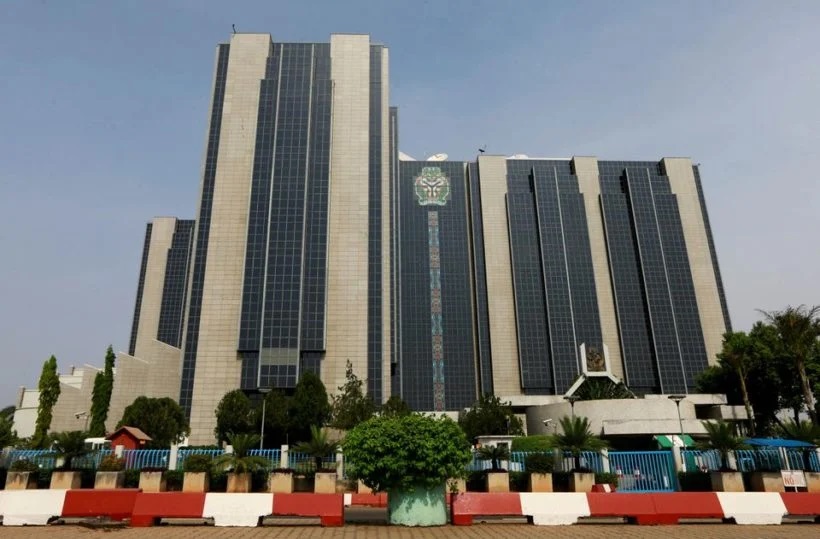
By Adedapo Adesanya
Nigeria has secured a major strategic gain at the ongoing 39th African Union Summit, after securing a permanent seat on the board of the African Central Bank.
The Minister of Foreign Affairs, Mr Yusuf Tuggar, confirmed this at the summit on Friday, highlighting it as a significant milestone for both Nigeria and the West African region.
The African Central Bank (ACB) is one of the original five financial institutions and specialised agencies of the African Union (AU).
“Importantly, Nigeria has been given the hosting of the African Monetary Institute and the African Central Bank. Not only that, in today’s plenary, Nigeria was confirmed a seat on the board of the African Central Bank. This is huge,” he said.
He stated that the development represents a diplomatic breakthrough, mentioning that the move faced initial opposition from some member states.
“It is something that was initially resisted by some countries, so now we have a permanent seat on the African Central Bank board. It’s a major success,” he added.
This year’s summit carries the theme Assuring Sustainable Water Availability and Safe Sanitation Systems to Achieve the Goals of Agenda 2063, the sessions will focus on advancing continental commitments to sustainable water management and improved sanitation, critical pillars for health, agricultural productivity, and the broader development aspirations of the AU’s Agenda 2063 framework.
Beyond financial governance, Nigeria and the West African bloc also recorded progress in elections to the Peace and Security Council, the African Union’s highest decision-making body on conflict and security matters.
The delegation announced that “Côte d’Ivoire, Sierra Leone, and the Republic of Benin have been elected,” with Benin securing a fresh term while the other two countries were re-elected.
The Peace and Security Council also convened to deliberate on the situations in Sudan and Somalia. Nigeria voiced strong reservations over Sudan’s potential readmission into the continental body.
“Nigeria voiced its reservations about Sudan being readmitted because, as you know, there are two warring factions in Sudan,” Tuggar stated.
“We reminded the Peace and Security Council that we have to abide by the rules and regulations of the African Union. If there has been an unconstitutional change of government, then the country should not be allowed to participate, and that was carried.”
The summit also outlined its 2026 theme: water sustainability. The Nigerian representative underscored the country’s strategic and demographic significance in advancing that agenda.
“Nigeria was created out of the confluence of the River Niger and the River Benue. So water is very important,” he said.
“We are the largest country in Africa, with a population of 230 million people. We’re going to be 400 million in the next 24 years. So water is a source of life. It’s very important, and we’re playing a very pivotal role in implementing the programs that are being set for the theme of the year.”
Banking
Standard Bank Hosts 2nd African Markets Conference
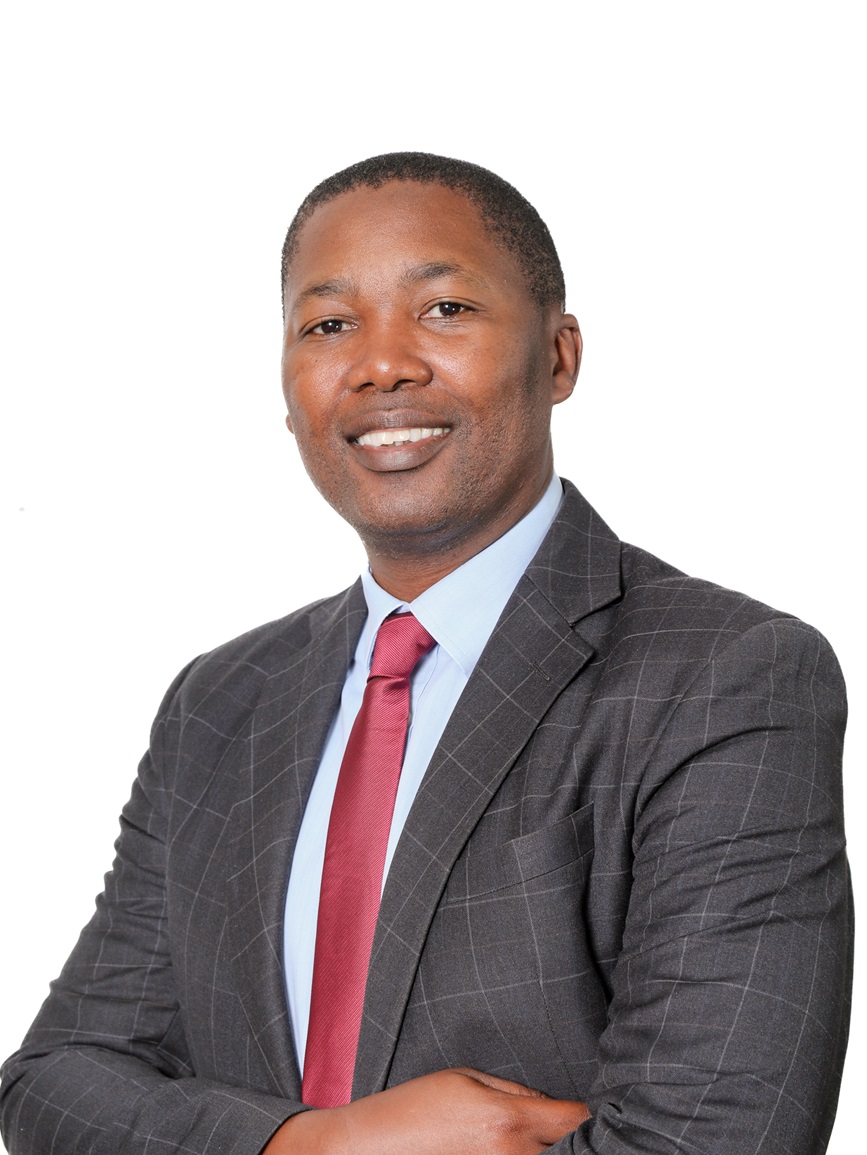
By Modupe Gbadeyanka
The second African Markets Conference (AMC) will take place in Cape Town, South Africa, from Sunday, February to Tuesday, February 24, 2026.
The event, hosted by Standard Bank, will bring together global institutional investors, sovereign wealth funds, and African policymakers to catalyse the flow of capital into the continent’s most critical sectors.
The theme for this year’s edition is Mobilising Global Capital at Scale for Africa’s Growth and Development.
AMC 2026 will host a high-level delegation of decision-makers, ensuring that the dialogue leads to tangible commitments.
The conference will be structured around five high-impact pillars designed to move the needle on investment, including prioritising infrastructure as an asset class, accelerating the energy transition, deepening African capital markets and mobilising private capital, enabling intra-African trade and flows of capital, and addressing Africa’s sovereign debt and cost sustainability.
It is estimated that by 2050, Africa will add one billion people, more than half in cities, yet it invests only $75 billion of the $150 billion it needs annually for infrastructure. Standard Bank aims to use AMC 2026 to ensure that African priorities remain at the centre of the global financial discourse.
“This year’s engagement bridges the gap between policy ambitions and market realities. Africa urgently needs practical measures to deepen capital pools, improve market liquidity, and strengthen regulatory frameworks that give investors the confidence to deploy capital at scale.
“Mobilising capital is not just about funding projects; it is about building the foundation of a more balanced and inclusive global economy,” the chief executive of Corporate and Investment Banking at Standard Bank Group, Luvuyo Masinda, stated.
-

 Feature/OPED6 years ago
Feature/OPED6 years agoDavos was Different this year
-
Travel/Tourism10 years ago
Lagos Seals Western Lodge Hotel In Ikorodu
-

 Showbiz3 years ago
Showbiz3 years agoEstranged Lover Releases Videos of Empress Njamah Bathing
-

 Banking8 years ago
Banking8 years agoSort Codes of GTBank Branches in Nigeria
-

 Economy3 years ago
Economy3 years agoSubsidy Removal: CNG at N130 Per Litre Cheaper Than Petrol—IPMAN
-

 Banking3 years ago
Banking3 years agoSort Codes of UBA Branches in Nigeria
-

 Banking3 years ago
Banking3 years agoFirst Bank Announces Planned Downtime
-

 Sports3 years ago
Sports3 years agoHighest Paid Nigerian Footballer – How Much Do Nigerian Footballers Earn


